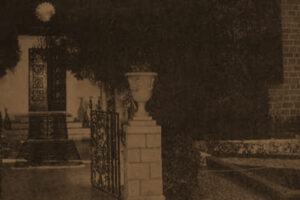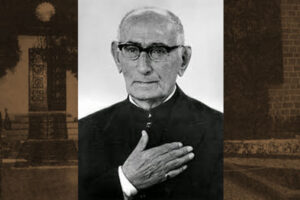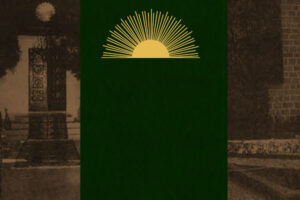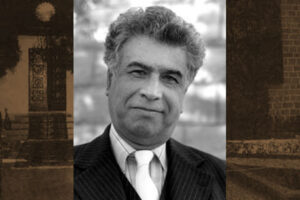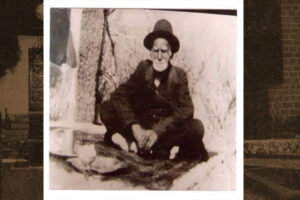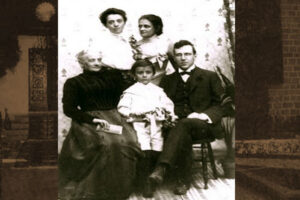He who had been waited upon, now waited on others; he who had been the master was now the servant, he who had once been a leader was now a captive. He had no...
Author - Bahá'í Chronicles
We simply want to provide direct access to the heroes and heroines who have recognized and served the Bahá’í Faith and mankind. Our hope in sharing these stories is to offer enlightenment, respect and a wholehearted appreciation for the Gift.
He was the third Letter of the Living and was the nephew of Mullá Husayn.
He was the younger brother of Mulla Husayn and the second Letter of the Living.
Tarazu'llah became one of the most distinguished calligraphers of Persia. He records that as soon as he could write well he started to copy Tablets and...
As he faced the multitude that had gathered round him to witness his martyrdom, Siyyid Husayn raised his voice and said: "Hear me, O followers of Islam! My...
Adib Taherzadeh served as a member of the Universal House of Justice, the supreme governing body of the Bahá'í Faith, between 1988 and 2000.
In the days when the fort of Tabarsi had become the rallying centre for the disciples of the Bab, he languished disconsolate upon a sick-bed, unable to lend...
During the years when Bahá’u’lláh resided in Iraq, Jináb-i-Muníb left Káshán and hastened to His presence. He went to live in a small and humble house, barely...
On reading this Tablet, Ahmad knew what was expected of him. He surrendered his own will to Bahá'u'lláh's and instead of completing his journey to Andrianople...
Mrs. Knobloch and her family consistently visited and hosted Americans of African descent, thus illustrating the quality of racial unity that is central to the...



